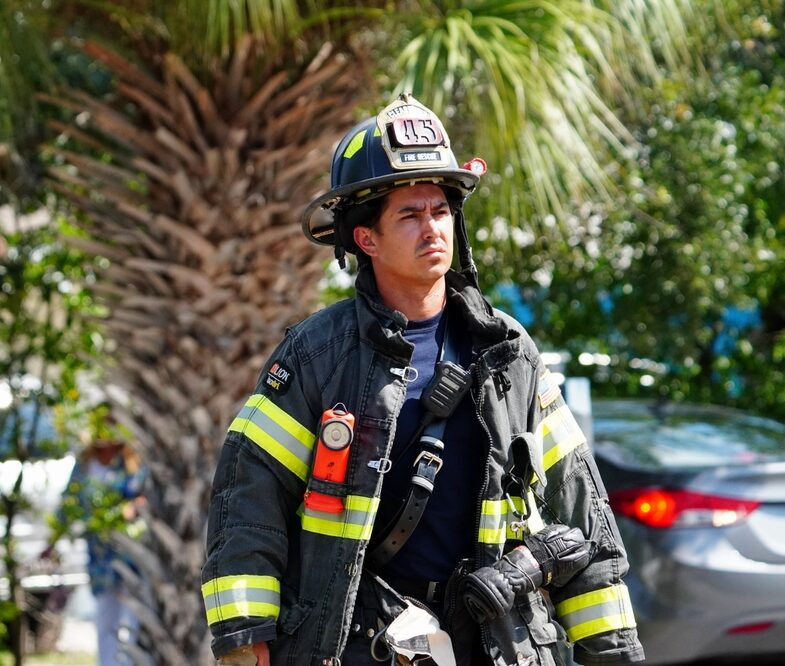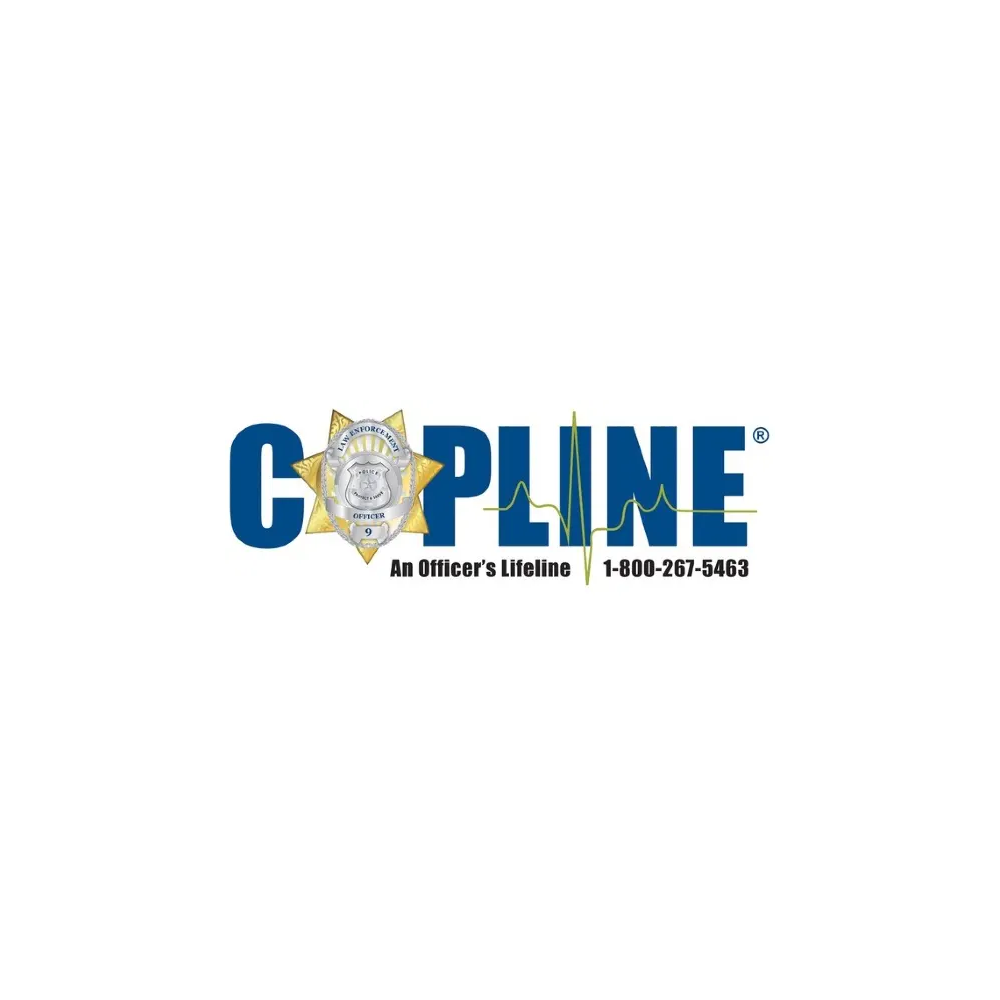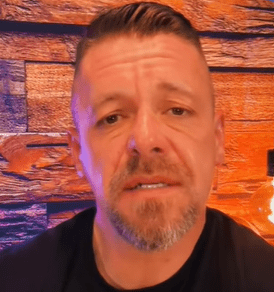CLF HelpLine for
Law Enforcement & First Responders
Are you worried about long-term symptoms of concussion, CTE, and related neurological disorders?

CLF HelpLine for Law Enforcement & First Responders
The CLF HelpLine is a free, personalized service for current and former law enforcement officers and first responders fighting long-term symptoms of concussion, suspected CTE, or related neurological disorders associated with exposure to repetitive head impacts (RHI).
CLF provides connections to vetted medical and mental health professionals with the expertise needed to coordinate your care. CLF also offers online support groups, 1-on-1 peer support matches, and educational resources.
Patients, spouses, and families can access support through the confidential CLF HelpLine form linked below. Our team will respond within 3 business days by email, text, or scheduled phone appointments according to your preferences.
The CLF HelpLine is private and confidential; however, you can click here to request anonymous support.

Are you worried about long-term symptoms of concussion, CTE, and related neurological disorders? Reach out to the CLF HelpLine today.
How brain trauma impacts health
Brain trauma can result in short-term and long-term symptoms, including changes to a person’s physical, cognitive, sleep, or mental health. It’s important to seek support if symptoms get in the way of day-to-day life, even if you have not been formally diagnosed with a concussion or other neurological disorder related to brain trauma. Treatment options are available for acute concussion symptoms (<1-2 months) and persistent concussion symptoms (>1-2 months) to support recovery. Separately, symptom mitigation options are available to address symptoms that may be related to cumulative brain trauma sustained over many years, such as suspected Chronic Traumatic Encephalopathy or related neurological disorders.
Experiencing a recent hit to the head or having a history of repetitive head impacts (RHI) from causes like sports, job duties, and blast injury or exposure can worsen symptoms caused by other health issues or may be a root cause of symptoms. Some officers and first responders may be surprised to learn that mental and behavioral health symptoms associated with brain trauma can overlap with the symptoms of other mental health issues, such as PTSD, and should be considered in consultation with a medical professional. These include but are not limited to anxiety, panic attacks, depression, anger, aggression, impulse control problems such as drinking or addictive behaviors, mood swings, hypervigilance, paranoia, suicidality, sleep disturbances, or challenges with thinking and memory. Additionally, research is ongoing to understand the relationship between brain trauma and ALS, Parkinson’s disease, and Alzheimer’s disease.
If you’ve experienced head impacts, blast exposure, or concussions, new or worsening emotional and behavioral health symptoms may be a sign of brain trauma. Brain injuries can disrupt how you regulate stress, emotion, and focus, even years later. You may find yourself more irritable, anxious, forgetful, or reactive in situations that once felt manageable. These changes are real and common among first responders with a history of brain trauma. New trauma or stress can amplify symptoms from earlier injuries, making daily life feel unpredictable or overwhelming. That doesn’t mean there’s no path forward. With the right support, symptoms can improve. The CLF HelpLine connects you to providers who understand brain trauma and can help you regain control. Fill out our confidential form to get started.
Reach out to the CLF HelpLine for support if you believe you are experiencing changes to your health that could be related to brain trauma.
- Concussion Signs and Symptoms
- Typically <1-2 months after possible injury
- Persistent Concussion Symptoms
- Typically >1-2 months after possible injury
- Suspected CTE Symptoms
- May develop from exposure to thousands of nonconcussive hits to the head over many years

Resources for
Law Enforcement & First Responders
Patients and caregivers with medical or mental health concerns related to brain trauma exposure can reach out for support, information, and resources such as:

Additional Support for Law Enforcement & First Responders
CLF makes referrals and warm introductions to additional organizations who provide resources and support beyond the scope of CLF’s services whenever possible.
The CLF HelpLine for Law Enforcement and First Responders collaborates with COPLINE, a not-for-profit 501(c)3 dedicated to serving active and retired law enforcement officers and their loved ones. COPLINE provides 24/7, CONFIDENTIAL services for callers who are dealing with various stressors encountered both on and off the job. 1-800-Cop-Line (1-800-267-5463)
Additional Support
CLF also recommends additional organizations, including but not limited to:

Impacted Lives
In Memory
This page is made possible thanks in part to the families of individuals who donated their brain tissue for research after death. These CLF Legacy Family Community Members gave permission to share their loved one’s Legacy Stories so others can learn more about possible long-term impacts of brain trauma and find support:
Stay informed on the latest CTE news and CLF announcements
Join the fight
"*" indicates required fields